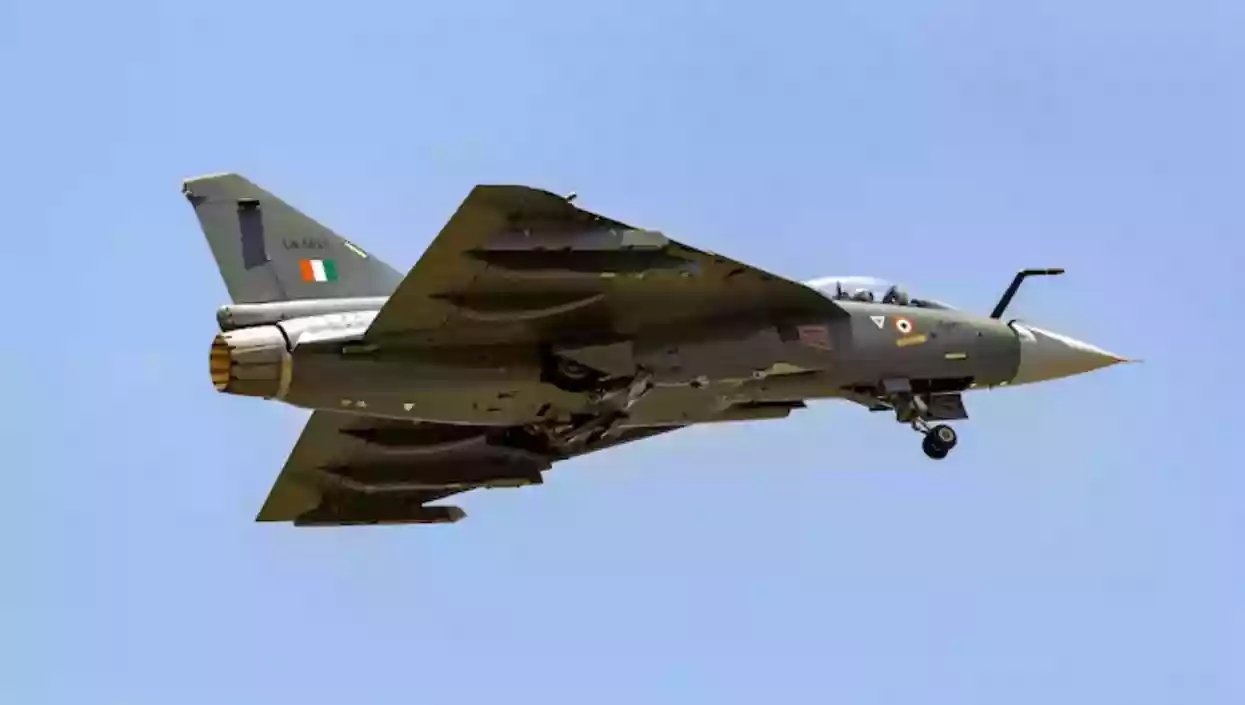Protests erupt outside Kasba Police station as 3 arrested in alleged Kolkata college gang rape
.gif)
.gif)

After a prolonged two-year delay, US aerospace giant GE has delivered the first of 99 F404-IN20 engines to Hindustan Aeronautics Limited (HAL) for the Tejas Light Combat Aircraft (LCA) Mk-1A program. This delay had significantly impacted the delivery of 83 Tejas Mk1A jets to the Indian Air Force (IAF), a concern repeatedly raised by Air Chief Marshal AP Singh.
The issue had reached the highest diplomatic levels, with Prime Minister Narendra Modi addressing it during his visit to the US last month. The first engine was officially handed over to HAL on Tuesday, with GE Aerospace's General Manager for Combat and Trainer Engines, Shawn Warren, calling it a key milestone in India’s defence manufacturing partnership with the US.
The $716 million contract for 99 engines was signed in 2021, but supply-chain disruptions stalled deliveries. GE Aerospace cited the need to restart the F404-IN20 production line—dormant for five years—as a primary cause of the delay. This setback impacted HAL’s production schedule, slowing down the planned expansion of the IAF’s fighter jet fleet.
To mitigate the delay’s impact, HAL restructured its production at the Bengaluru facility, setting up a parallel assembly line. Officials now expect to deliver at least 16 Tejas Mk1A jets annually, ensuring that the IAF’s order for 83 aircraft is completed by 2028. HAL maintains that despite the delays, the integration of the newly received engines will help accelerate production.
The Tejas Mk1A is a modernized version of the Mk1, featuring advanced avionics, an improved radar system, and enhanced weapons capability. Its induction is critical for the IAF, which aims to phase out older aircraft such as the MiG-21 and Jaguar. Earlier this year, Air Chief Marshal AP Singh publicly expressed frustration over the delayed deliveries, even stating that he had "no confidence" in HAL’s ability to meet deadlines.
With the first engine now in HAL’s hands, production of the Tejas Mk1A is expected to gain momentum. Defence analysts see this as a crucial step in India’s efforts to enhance indigenous fighter jet manufacturing while maintaining strategic defence collaborations with the US. The IAF, however, will closely monitor the timely completion of the remaining engine deliveries.